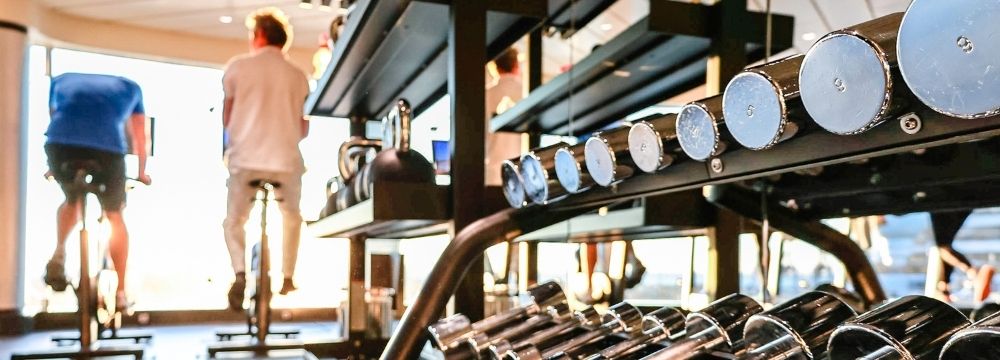
Your bariatric journey is lifelong, and you must stick to a diet and exercise routine to lose weight since these are the integral parts of every successful weight loss journey, regardless of the tool used. Recommendations after bariatric surgery boils down to following a defined and healthy diet punctuated by moderation and regular cardio and resistance exercise.
For some in early recovery after surgery, cardio exercises strain their joints or hearts too much. Some patients may need to lose weight or get a joint replacement to be more active. With luck, the weight loss afforded by bariatric surgery will improve joint pain and mobility. Getting to that point takes a lot of effort.
If cardio exercises aren’t your thing right now, don’t worry. Other effective ways to support your bariatric journey include diet and non-cardio exercises.
Focus on Your Diet
This is probably the most challenging part, but it’s the surest way to succeed. Your doctor gave you strict guidelines, but that doesn’t mean you can’t enjoy your new lifestyle.
- Get enough protein. You need high-protein foods to increase your metabolism, feel full longer, and maintain muscle mass as you lose weight. Eat lean meats, fish, eggs, dairy, legumes, and tofu. Find and try lots of bariatric-friendly recipes so you don’t feel like you’re eating the same dull thing daily. If you make this journey more fun, you’ll be more likely to stick to it.
- Limit your carbs. Control your carb intake by saying goodbye to the worst offenders: pop-tarts, cereals, fruit juices, and pancakes with syrup for breakfast. Cut the soda and highly processed foods at lunch and dinner. Eat lean meats, vegetables, and whole grains, and fill that sweet tooth with whole fruits.
- Eat healthy fats. That’s right, fats. Healthy fats are essential to your diet because they help you absorb nutrients and feel full longer. Do you like avocados? Make a healthy guacamole. Add nuts or seeds to your salad. Use olive oil when you’re cooking or when making salad dressing.
- Drink plenty of water. You’ve probably heard this your entire life. While your body is mostly water, it also benefits weight loss and is essential in keeping your metabolism and digestion running smoothly. If you struggle to get enough water because you don’t like the lack of taste, try adding some herbal (decaffeinated) teas or a clear (low-sodium) broth. You can infuse fruits and vegetables in the water for that spa-like taste. Learn more about the importance of hydration.
Focus on Non-Cardio Exercises
Okay. You understand diet is essential, but we want you to exercise too. Cardio may be challenging now, but with some time, you’ll be a champion on the treadmill or recumbent bike.
- Try strength training. You’ll build muscle, get stronger, and increase your metabolism simultaneously. That’s a win-win-win. If you don’t want to lift weights, use resistance bands or try squats or pushups. Just get those muscles working.
- Focus on flexibility and balance. Yoga or Pilates, anyone? You will improve your range of motion and even strengthen muscles you didn’t know you had.
- Do low-impact activities like swimming or water aerobics. Technically, this could be considered cardio, but buoyancy is your friend and takes pressure off the joints. Work up to the next levels slowly – you’re going to love it. After all, you can enjoy the activity without hurting afterward. Swimming is an excellent full-body workout option.
The Bottom Line
It’s up to you to be diligent with your diet and exercise program. You may have to modify initially due to pain or other impediments, but you’ll be glad you did it. As your body adapts to your new lifestyle changes, you’ll find that you breathe easier and can exercise longer with each new day. Be consistent, listen to your body, and seek support when needed. Your bariatric surgery team is there for you every step of the way, not just for the surgery. Believe in yourself. You can do this!










